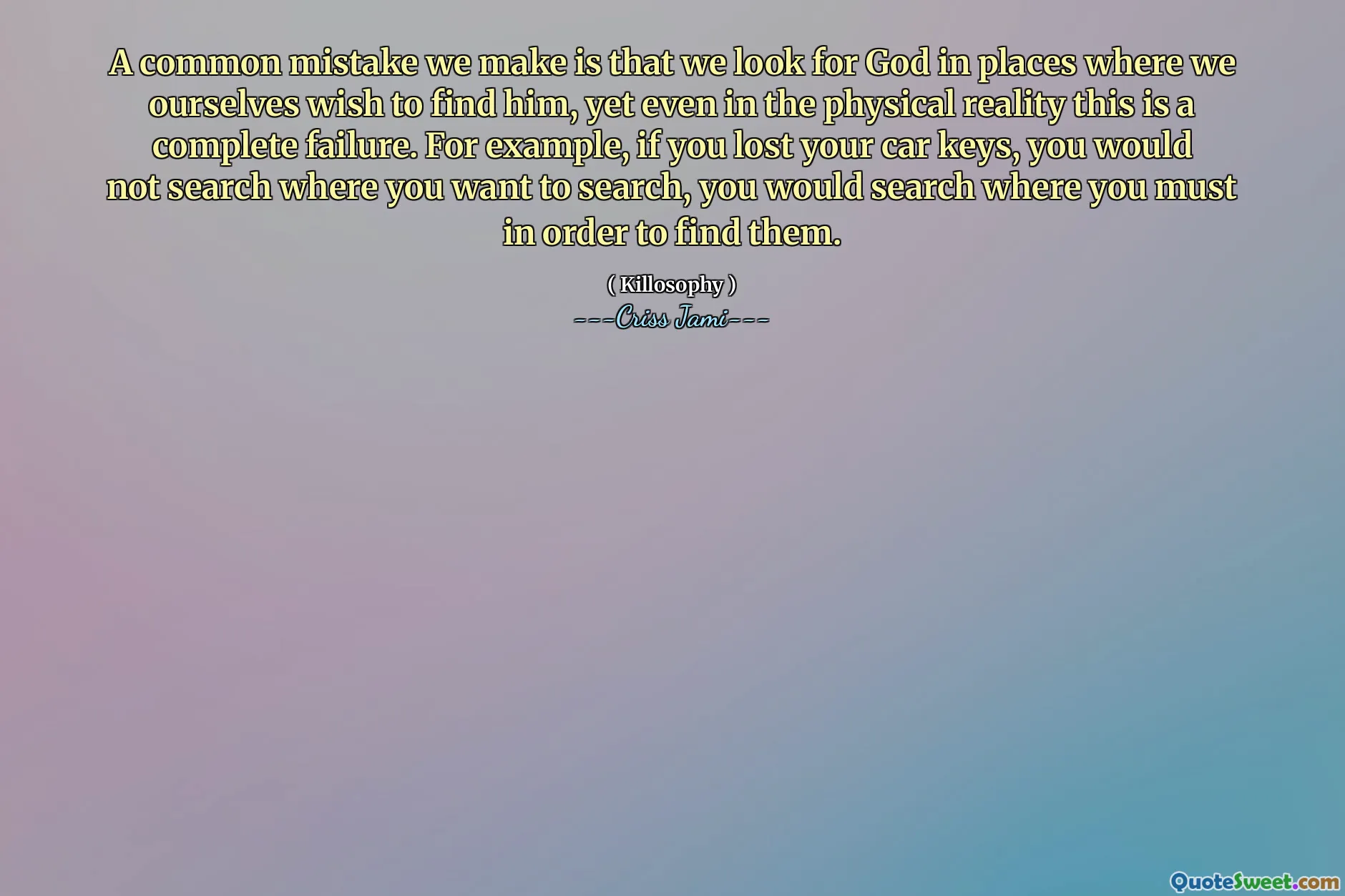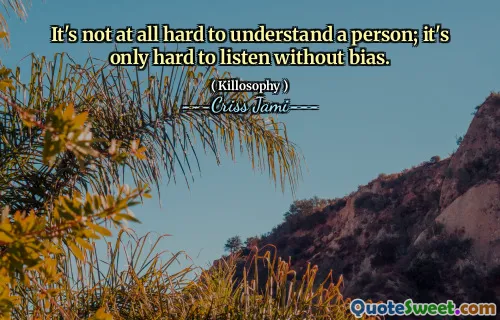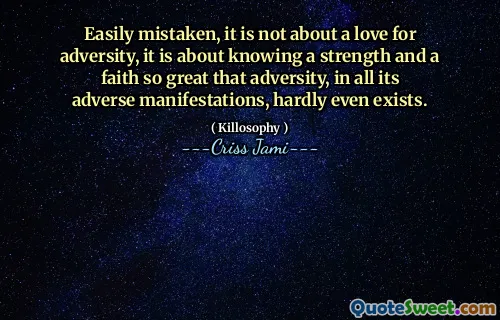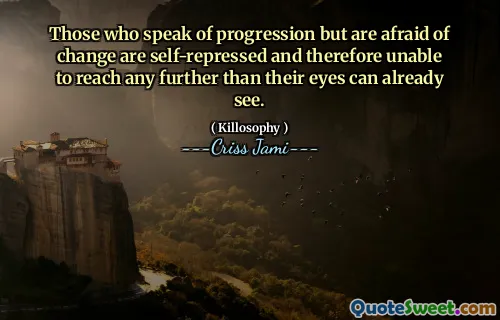
A common mistake we make is that we look for God in places where we ourselves wish to find him, yet even in the physical reality this is a complete failure. For example, if you lost your car keys, you would not search where you want to search, you would search where you must in order to find them.
This quote from ---Criss Jami--- in "Killosophy" powerfully illustrates a universal truth about how human desires can misguide our search for deeper meaning or truth. It highlights the natural tendency to project our wishes onto the world around us — specifically, the tendency to look for God or spirituality in convenient or comfortable places rather than where evidence or true guidance might actually lead us. The car keys analogy brilliantly clarifies this: when something is truly lost, searching where it must be is the rational course of action, despite how inconvenient or uncomfortable that search may feel. The same principle applies to spiritual quests. If we merely seek affirmation in places that align with our existing desires or biases, we risk overlooking genuine insight or revelation. It invites a kind of intellectual and spiritual humility, challenging us to abandon presuppositions and search rigorously, even if the answers lie in unexpected or difficult areas. Beyond spirituality, this teaching encourages critical thinking and a commitment to truth in all areas of life. It reminds us that self-awareness is essential, and that to truly find what we seek, our approach must be honest and grounded in reality, not merely an extension of our convenience or preferences. Ultimately, it is a call to mindfulness, sincerity, and a more disciplined method of inquiry, pushing us to question where and how we search for meaning.







